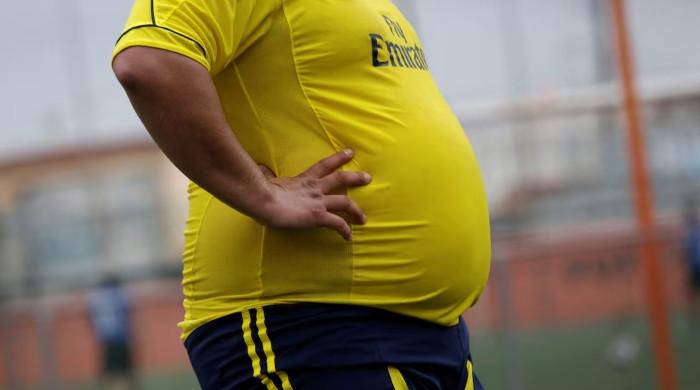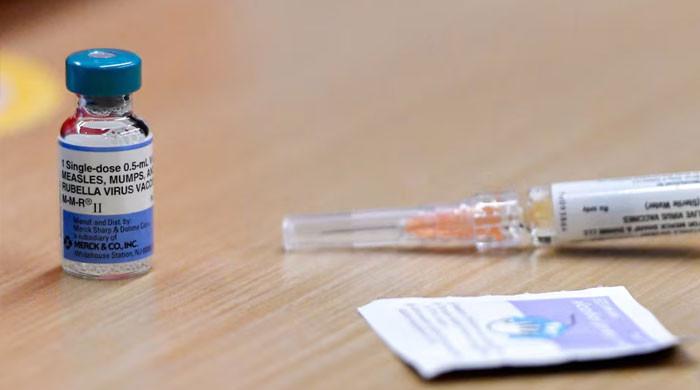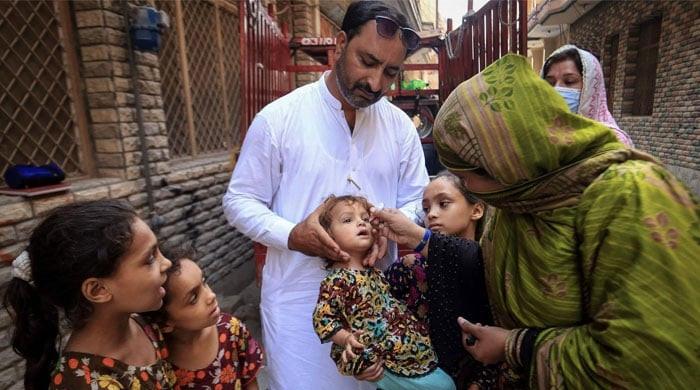Communities must work closely to counter Dengue
KARACHI: Communities must work closely with public health and other services in the battle against Dengue fever that needs more than insecticides alone.A study published in the international public...
March 02, 2012
A study published in the international public health journal identified highest number of mosquito (Aedes Aegypti - the species that transmits dengue) larvae in unused and uncovered outdoor containers on private land.
Dengue, a serious and a potentially lethal illness has dramatically increased in recent decades due to increased urbanisation, trade and travel.
No effective drug or vaccine is available yet so the only solution is to prevent the disease-carrying mosquito from breeding and biting humans.
The battle against the mosquito that spreads dengue, a serious illness that affects around 50 million people each year, needs more than insecticides alone, reiterated the researchers.
The study held in six Asian cities explored the breeding patterns of the Aedes aegypti mosquito and discovered significant differences in breeding and dengue transmission between the sites, affected by such factors as household habits, local environmental conditions and the ecology and behavior of the mosquito.
Large-scale insecticide spraying, in all the cases, was found not to be effective in reducing immature (larval) stages of the mosquito.
The study found that this mosquito prefers to breed in containers filled with water and they may also find alternative breeding sites indoors in covered containers filled with tap water. (APP)











